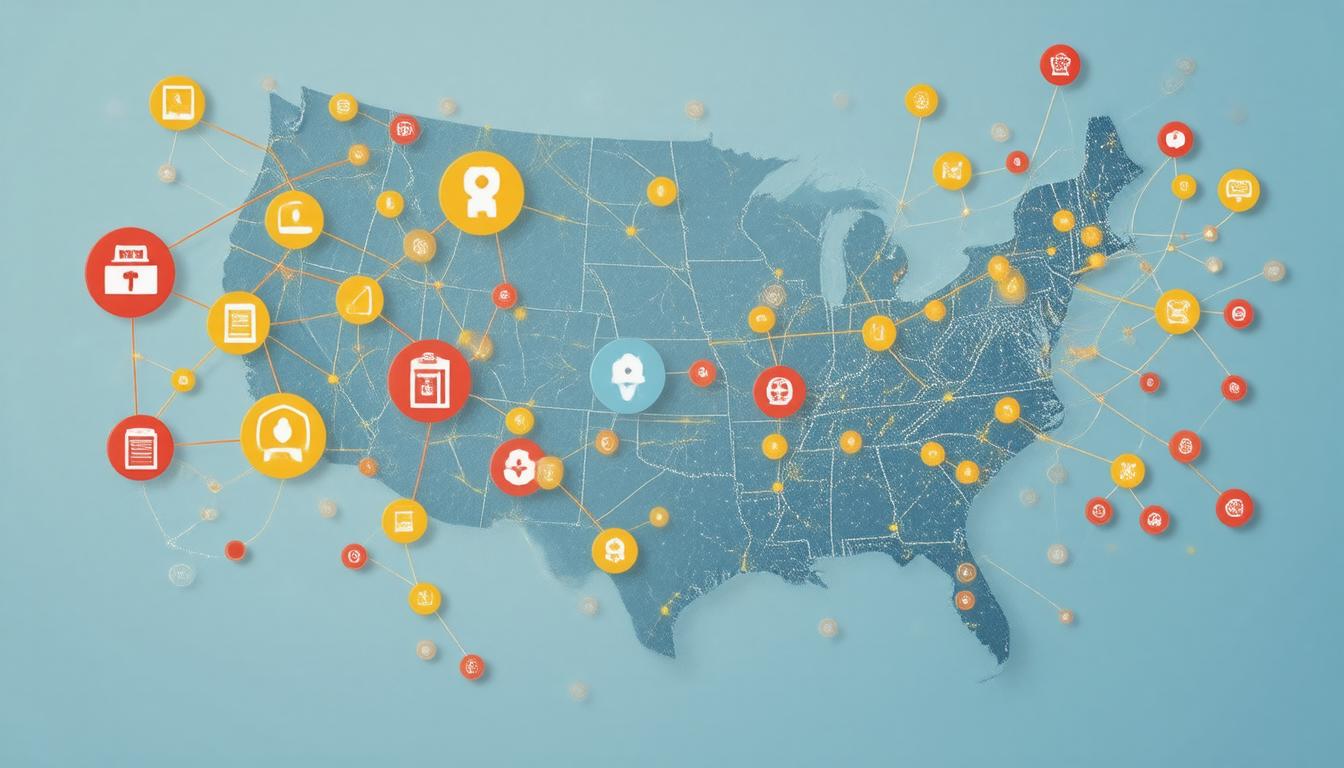Navigating the American healthcare system can often feel like an uphill battle, especially for individuals facing serious illnesses. The story of Shelby Kinsey, an ALS patient, poignantly highlights the struggles many patients endure to secure necessary treatment amidst a landscape marked by healthcare claim denials. Her experience, accompanied by broader systemic issues, provides insight into the underlying causes of these denials and their impact on patients.
The Fight for Necessary Treatment
Shelby Kinsey’s journey exemplifies the distressing reality many patients face. Denied coverage for Qalsody, a crucial medication for her ALS, she encountered a bureaucratic maze that required her to appeal the insurer’s decision three times. Initially labeled "medically unnecessary" by Blue Cross Blue Shield of Texas, her case eventually drew the attention of advocacy leaders who intervened, leading to a reversal of the denial. This struggle highlights a significant concern within the healthcare system: patients fighting against not just their diseases but also against the insurance processes that govern access to life-saving medications.
Types of Denials: Prior Authorization vs. Claim Denial
Healthcare claim denials can primarily be categorized into two types: prior authorization denials and claim denials. Prior authorization denials occur when an insurer requires pre-approval for services or medications before they are provided. For example, a patient may need approval for an MRI or a costly prescription drug, which can delay critical care and treatment. On the other hand, claim denials happen after services have been rendered—in these cases, insurers retroactively refuse to cover a medical expense, often leaving patients and their families with overwhelming bills.
The distinction between these two denial types is crucial. A prior authorization denial can effectively prevent a patient from obtaining necessary care, while a claim denial can result in significant financial stress if a patient has already received treatment based on the assumption that it would be covered.
The Broader Implications of Denials
Recent data suggests that healthcare claim denials are not just an administrative inconvenience; they are a widespread issue affecting millions. The Kaiser Family Foundation reported that approximately 73 million out of 392 million in-network claims were denied in 2023 alone. These figures highlight a troubling trend within the industry, where insurances are increasingly erring on the side of denial rather than approval.
Furthermore, the situation is exacerbated by the complex relationship between insurance providers and regulatory bodies. While the Affordable Care Act aimed to improve transparency by mandating that insurers provide reasons for denials and establish an appeal process, enforcement of these rules is often lacking. This has contributed to a fragmented system where not all insurers report denial data as required, leaving both patients and regulators in the dark about the true scale of the problem.
The Role of Technology in Denials
Emerging technologies, particularly artificial intelligence (AI), are altering how insurance claims are processed. While AI can provide efficiency benefits, experts have raised concerns that its deployment may lead to increased denial rates as algorithms determine coverage based on patterns rather than individual patient circumstances. Reports suggest that AI might account for an alarming 25% to 30% of health insurance claim denials. The reliance on automated systems raises questions about the fairness of these processes and the ease with which individuals can navigate them.
Conclusion
The healthcare claim denial system in the U.S. is a multifaceted challenge that requires urgent attention. Stories like Shelby Kinsey’s reveal a deeply unsettling truth: patients often have to contend with an adversarial insurance landscape that obscures their access to necessary care. As the public’s frustration grows, and as incidents like the tragic shooting of UnitedHealthCare’s CEO underline wider discontent, it is increasingly clear that reform is needed to address the root causes of these denials. Ensuring that patients can focus on their health rather than fighting for it is a vital step toward a more humane and effective healthcare system.
Ready to get in the game and start making money on Pump.fun? DogWif Tools is the #1 memecoin sniper tool for becoming a Pump.fun millionaire. Get DogWif Tools today and become a memecoin dev!








